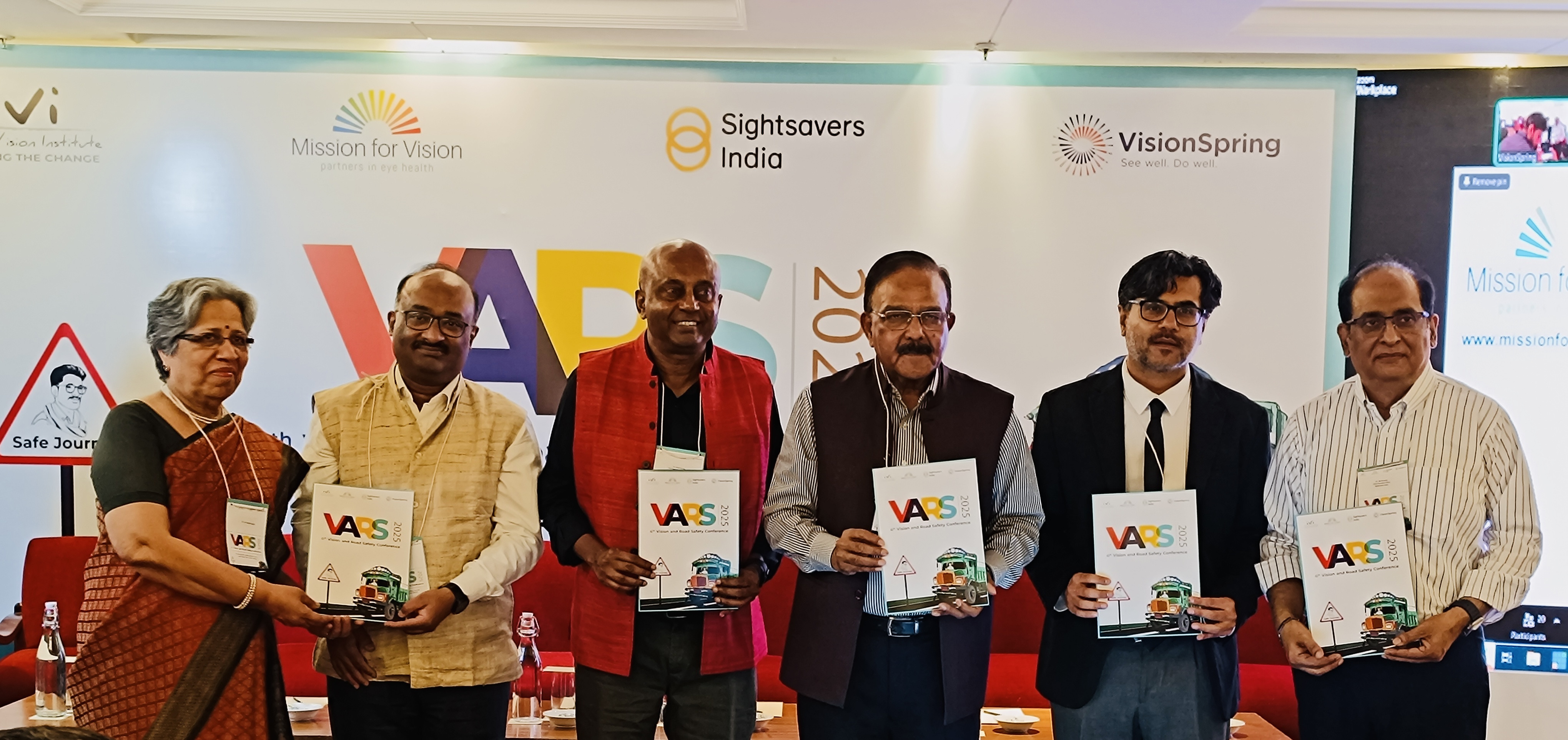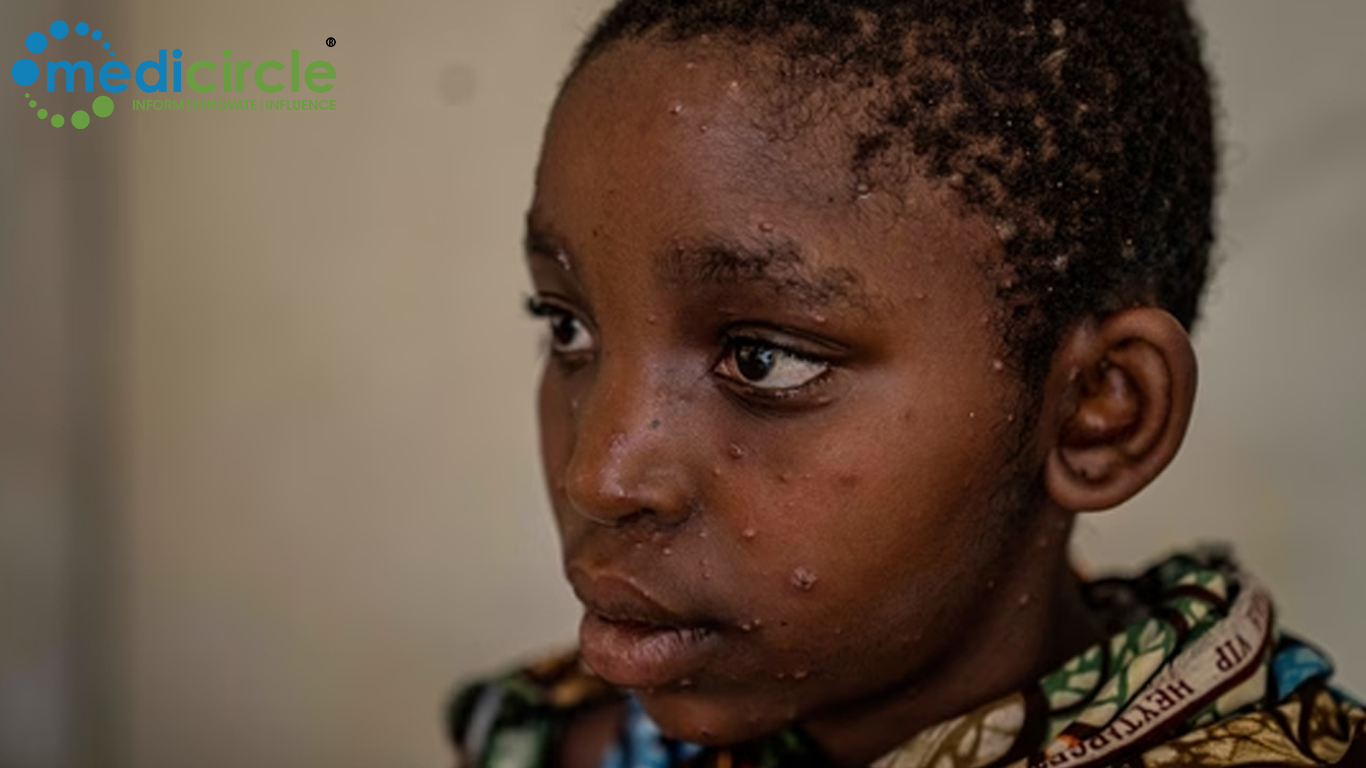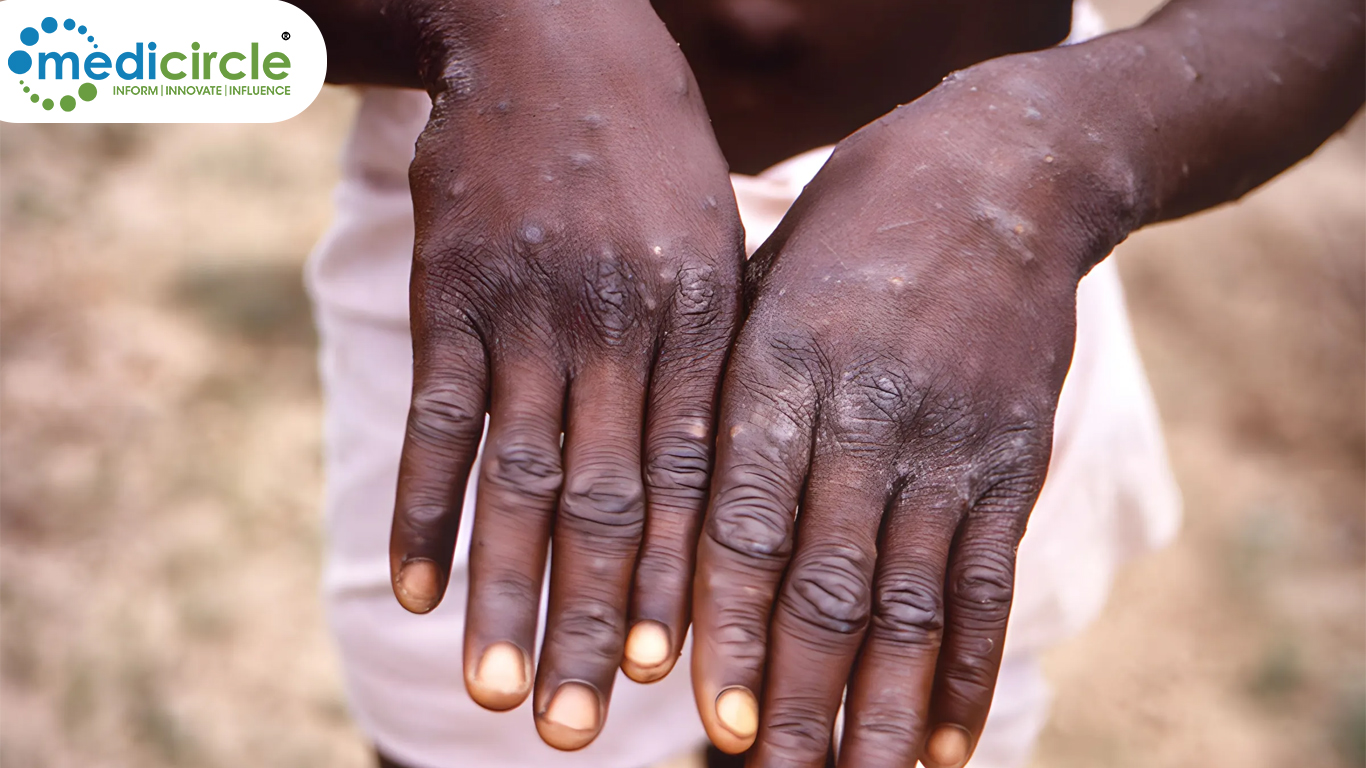A displaying bunch gathered by the World Health Organization and UNAIDS has assessed that if endeavors are not made to relieve and conquer breaks in wellbeing administrations and supplies during the COVID-19 pandemic, a six-month disturbance of antiretroviral treatment could prompt in excess of 500 000 additional passings from AIDS-related diseases, including from tuberculosis, in sub-Saharan Africa in 2020–2021. In 2018, an expected 470 000 individuals passed on of AIDS-related passings in the locale.
There is a wide range of reasons that could make administrations be intruded on—this displaying exercise clarifies that networks and accomplices need to make a move now as the effect of a six-month disturbance of antiretroviral treatment could viably set the clock on AIDS-related passings back to 2008 when in excess of 950 000 AIDS-related passings were seen in the area. What's more, individuals would keep on dieing from the interruption in enormous numbers for at any rate an additional five years, with a yearly normal overabundance in passings of 40% throughout the following a large portion of 10 years. What's more, HIV administration interruptions could likewise have some effect on the HIV rate in the following year.
"The horrible possibility of a large portion of a million additional individuals in Africa kicking the bucket of AIDS-related ailments resembles venturing once again into history," said Dr. Tedros Adhanom Ghebreyesus, Director-General of the World Health Organization.
"We should peruse this as a reminder to nations to distinguish approaches to support all imperative wellbeing administrations. For HIV, a few nations are as of now making significant strides, for instance guaranteeing that individuals can gather mass packs of treatment, and other basic items, including self-testing units, from drop-off, focus, which calms pressure on wellbeing administrations and the wellbeing workforce. We should likewise guarantee that worldwide supplies of tests and medicines keep on streaming to the nations that need them," included Dr Tedros.
In sub-Saharan Africa, an expected 25.7 million individuals were living with HIV and 16.4 million (64%) were taking antiretroviral treatment in 2018. Those individuals presently chance to have their treatment interfered with on the grounds that HIV administrations are shut or can't flexibly antiretroviral treatment due to interruptions to the graceful chain or on the grounds that administrations just become overpowered due to contending needs to help the COVID-19 reaction.
"The COVID-19 pandemic must not be a reason to redirect speculation from HIV," said Winnie Byanyima, Executive Director of UNAIDS. "There is a hazard that the well-deserved increases of the AIDS reaction will be yielded to the battle against COVID-19, however, the privilege to wellbeing implies that nobody infection ought to be battled to the detriment of the other."
At the point when treatment is clung to, an individual's HIV viral burden drops to an imperceptible level, keeping that individual sound and forestalling ahead transmission of the infection. At the point when an individual can't take antiretroviral treatment routinely, the viral burden increments, affecting the individual's wellbeing, which can eventually prompt passing. Indeed, even moderately momentary interferences in treatment can have a huge antagonistic effect on an individual's wellbeing and potential to transmit HIV.
This exploration united five groups of modelers utilizing distinctive scientific models to examine the impacts of different potential interruptions to HIV testing, counteraction, and treatment administrations brought about by COVID-19.
Each model took a gander at the possible effect of treatment disturbances of a quarter of a year or a half-year on AIDS mortality and HIV occurrence in sub-Saharan Africa. In the half-year disturbance situation, appraisals of overabundance AIDS-related passings in a single year ran from 471 000 to 673 000, making it unavoidable that the world will miss the worldwide 2020 objective of less than 500 000 AIDS-related passings around the world.
Shorter disturbances of a quarter of a year would see a decrease yet at the same time a huge effect on HIV passings. Progressively inconsistent interferences of antiretroviral treatment flexibly would prompt irregular adherence to treatment, prompting the spread of HIV to tranquilize opposition, with long haul ramifications for future treatment achievement in the locale.
Disturbed administrations could likewise invert increases made in forestalling mother-to-kid transmission of HIV. Since 2010, new HIV contaminations among youngsters in sub-Saharan Africa have declined by 43%, from 250 000 out of 2010 to 140 000 out of 2018, attributable to the high inclusion of HIV administrations for moms and their kids in the locale. Reduction of these administrations by COVID-19 for a half year could see new youngster HIV diseases rise definitely, by as much as 37% in Mozambique, 78% in Malawi, 78% in Zimbabwe and 104% in Uganda.
Other critical impacts of the COVID-19 pandemic on the AIDS reaction in sub-Saharan Africa that could prompt extra mortality to incorporate decreased quality clinical consideration inferable from wellbeing offices turning out to be overstretched and a suspension of viral burden testing, diminished adherence advising and medicate routine switches. Each model additionally considered the degree to which a disturbance to anticipation administrations, including suspension of deliberate clinical male circumcision, interference of condom accessibility and suspension of HIV testing, would affect HIV rate in the district.
The exploration features the requirement for critical endeavors to guarantee the coherence of HIV counteraction and treatment benefits so as to turn away abundance HIV-related passings and to forestall increments in HIV frequency during the COVID-19 pandemic. It will be significant for nations to organize supporting flexibly chains and guaranteeing that individuals as of now on treatment can remain on treatment, including by receiving or strengthening approaches, for example, multimonth administering of antiretroviral treatment so as to diminish prerequisites to get to human services offices for routine upkeep, lessening the weight on overpowered social insurance frameworks.
"Each demise is a disaster," included Ms. Byanyima. "We can't sit by and permit a huge number of individuals, a significant number of them youthful, to kick the bucket unnecessary passings. I encourage governments to guarantee that each man, ladies, and kid living with HIV get customary supplies of antiretroviral treatment—something that is truly a lifeline."

 UN agency's chief scientist Soumya Swaminathan comments come after the WHO on Wednesday stopped testing of the malaria drug hydroxychloroquine in the trial of treatments for COVID-19 patients
UN agency's chief scientist Soumya Swaminathan comments come after the WHO on Wednesday stopped testing of the malaria drug hydroxychloroquine in the trial of treatments for COVID-19 patients






.png)


.png)









.jpeg)






.jpg)




.jpg)





.jpeg)
